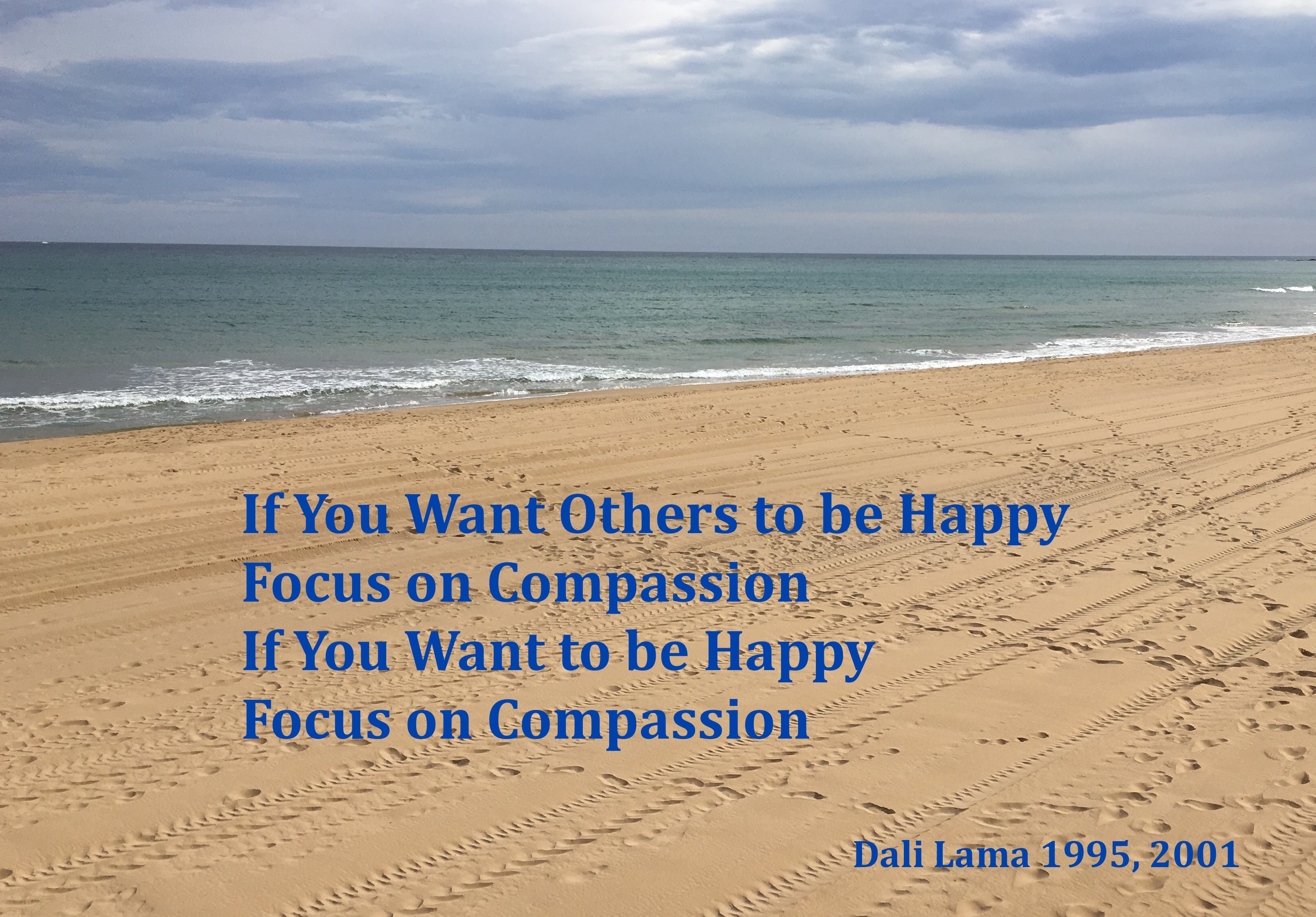Consider the effect of
another person constantly putting you down, undermining your confidence,
becoming annoyed with you when you don’t do things the way they think you
should. Most of us can imagine (or have experienced) how this could have a
negative effect on our well being. However, we also need to be aware of the similar
effects that can be brought about by our own self talk, thoughts, memories and
the internal pictures we create. They work in the same way as those external
forces, so why do we communicate with ourselves in this way with such negative
thoughts and feelings?
All too frequently we
take ourselves into our thoughts and place our focus on our problems and our
perceived difficulties, this alerts our threat system, leading to the release
of stress chemicals, which in turn leads to more
stress and fear, beginning a
vicious circle that can produce a downward spiral that can feel impossible to
get out of. One of the causes and
effects of this is rumination, where we reflect on our mood, continually asking
ourselves questions such as “how did I get here? “ “Why does this keep
happening to me?” We might continually mull over why it is our own fault or
that we are a bad person, generating increased feelings of guilt, questioning
our sense of self or even have a feeling that we have lost who we really are. Research
has shown that feelings of shame and inferiority can be a focus of such rumination
(Cheung, Gilbert and Irons, 2004)
There is more to 'shame' than most of us think of when we here the word. Shame is made up of internal
and external parts, a person experiencing external shame focuses their thoughts
and feelings on what others think of them, often believing that others see them
negatively or as having undesirable characteristics. This can make the person
with external shame feel as if the social world is unsafe and they may want to
just hide away, staying at home not wanting to go out or take part in things (Gilbert,
1998, 2006). While a person with internal shame places the focus on the self, focusing
their feelings and attention inside themself, becoming very self critical,
seeing themselves as incompetent, bad or imperfect. A person suffering from
shame can feel overwhelmed and shut down, the threat system is placed on high
alert, and they do not feel safe or calmed on the inside or the outside.
Overall they find it difficult to like themselves or to give themselves
feelings of warmth or reassurance (Gilbert, Clark, Kemple, Miles, & Irons,
2004; Whelton & Greenberg, 2005). Sometimes these individuals may have a
past where they experienced bullying, abuse, neglect or a lack of affection
(Kaufman 1989; Schore 1998), which may lead them to become excessively fearful
of rejection or criticism from the world around them. This in turn, can lead to
self-criticism, shame and the perception that the world is a dangerous and
intimidating place leading to further difficulties in feeling content, safe or
warm in their relationships with others or within themselves.
An awareness of how
our negative thoughts stimulate the threat system in our brains allows us to
realize that if we practice focusing our attention positively and generate
compassionate thoughts and images, we should be able to stimulate and develop
the soothing and safety centres of our brain instead. Compassion involves
placing a focus on alleviating distress and encouraging development and growth.
Research has shown many benefits for individuals who are more
self-compassionate: they have higher rates of life satisfaction, social
connectedness and happiness, positive
effects on the immune system and lower rates of depression and anxiety (Barnard
& curry, 2011; Mills, Gilbert, Bellew, McEwan & Gale,2007; Lutz 2008;
Gilbert 2009; Neff, Rude & Kirkpatrick, 2007).
Research shows that people
who have high levels of self-criticism and shame can have difficulties in being
kind to themselves or being self compassionate (Gilbert 2006). However, the
skill of compassion can be learnt, it involves creating feelings of warmth,
kindness and support by engaging mindfully with a variety of therapeutic
activities that focus on thoughts, feelings and behaviours (Mace 2007; Williams
2007) for example, it may involve something as simple as remembering times when
we were kind to others or when they were kind to us (Gilbert 2009). It also
involves focusing on our positive qualities, our skills and our strengths, to
refocus our attention and direct it towards how we want to be. This can be
achieved through; increasing positive behaviours such as, taking up an
activity we used to enjoy, or finding a new one; keeping our interactions with
others as positive as possible; learning a new appreciation of the
savouring of experiences; appreciation and gratitude such as, in the keeping of a gratitude journal. These are important, as people who are self critical usually do not
appreciate the effort they put into things. increasing our focus on the
process, rather than the result, allows an appreciation of our efforts no
matter how small, rather than focussing on how far away from our goal we are.
If you wish to learn more about utilizing these process and others to move towards more positive thoughts, turn around negative emotions and to wonderfully improve your life just contact Susan and arrange a brief informal chat over the telephone or for an appointment for a free initial consultation. If you would like to know a bit more about me first, check out the about me page.
